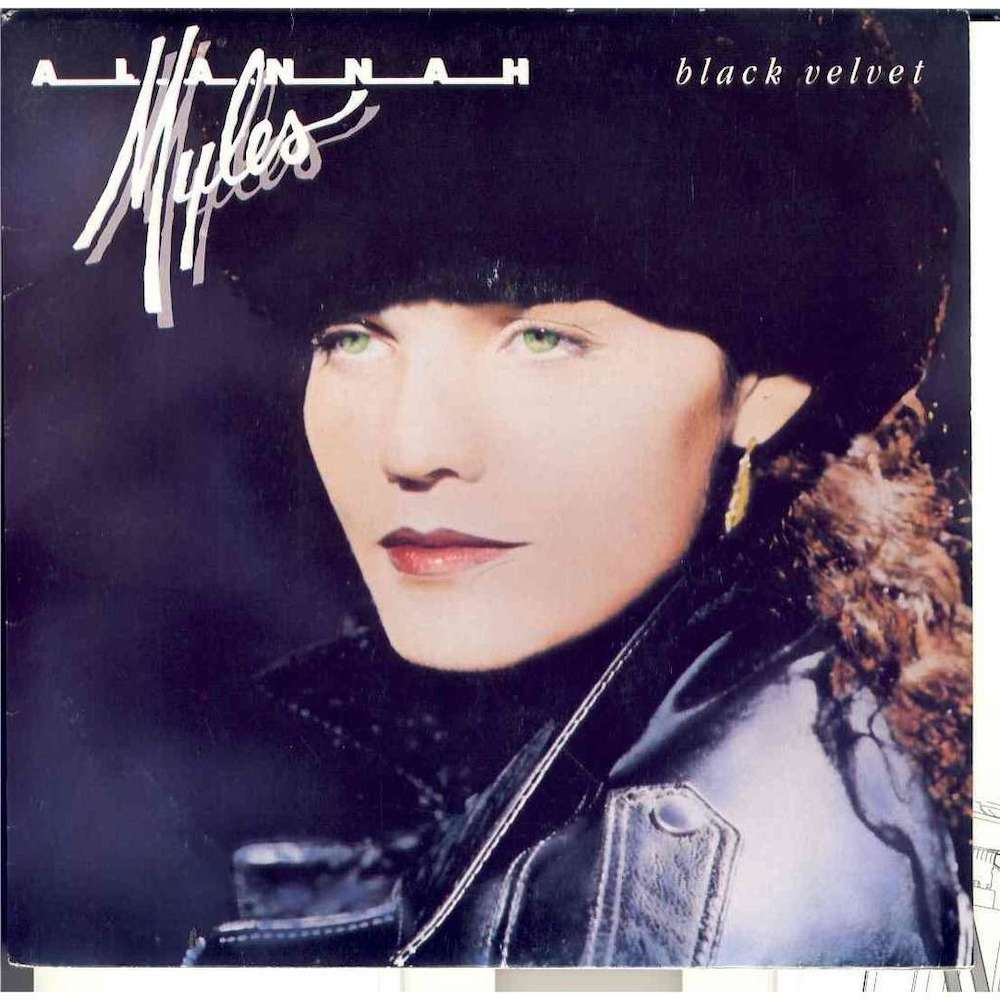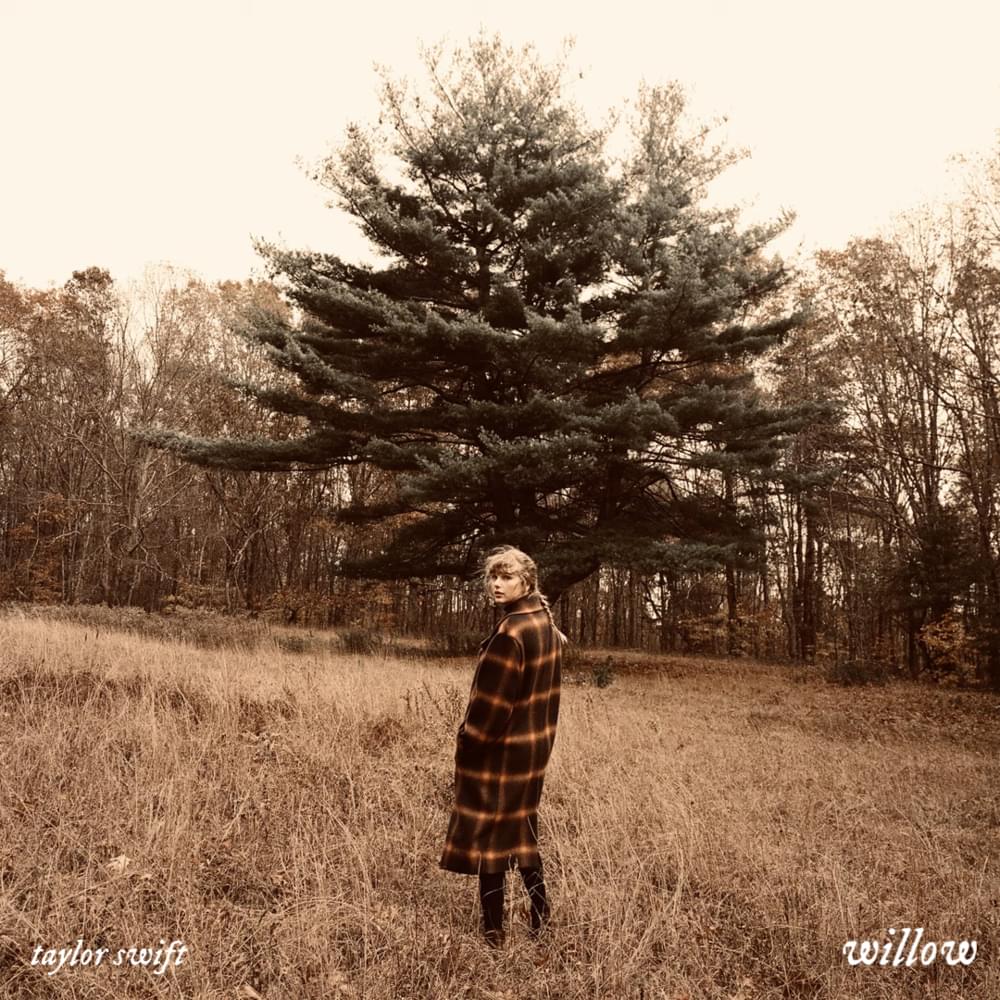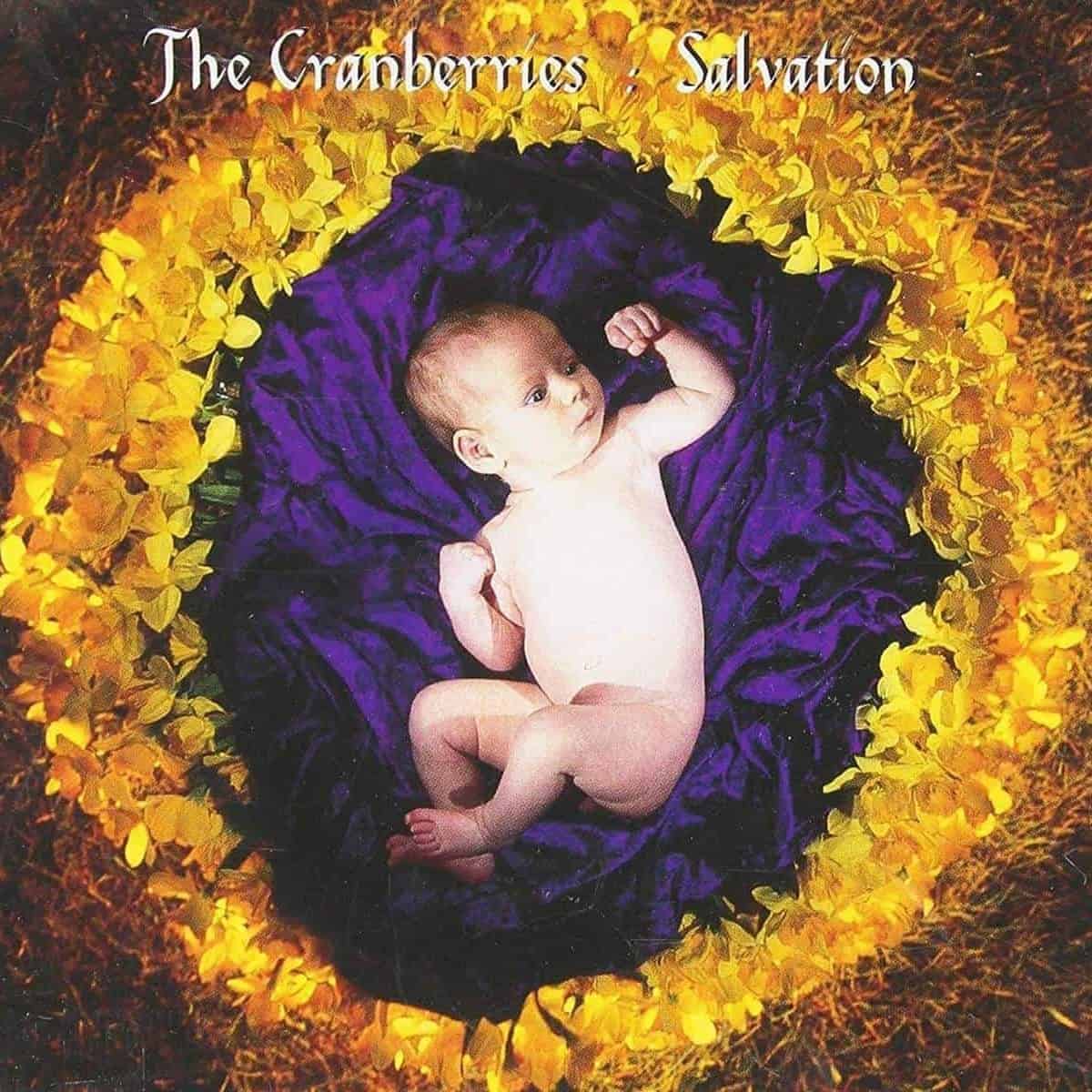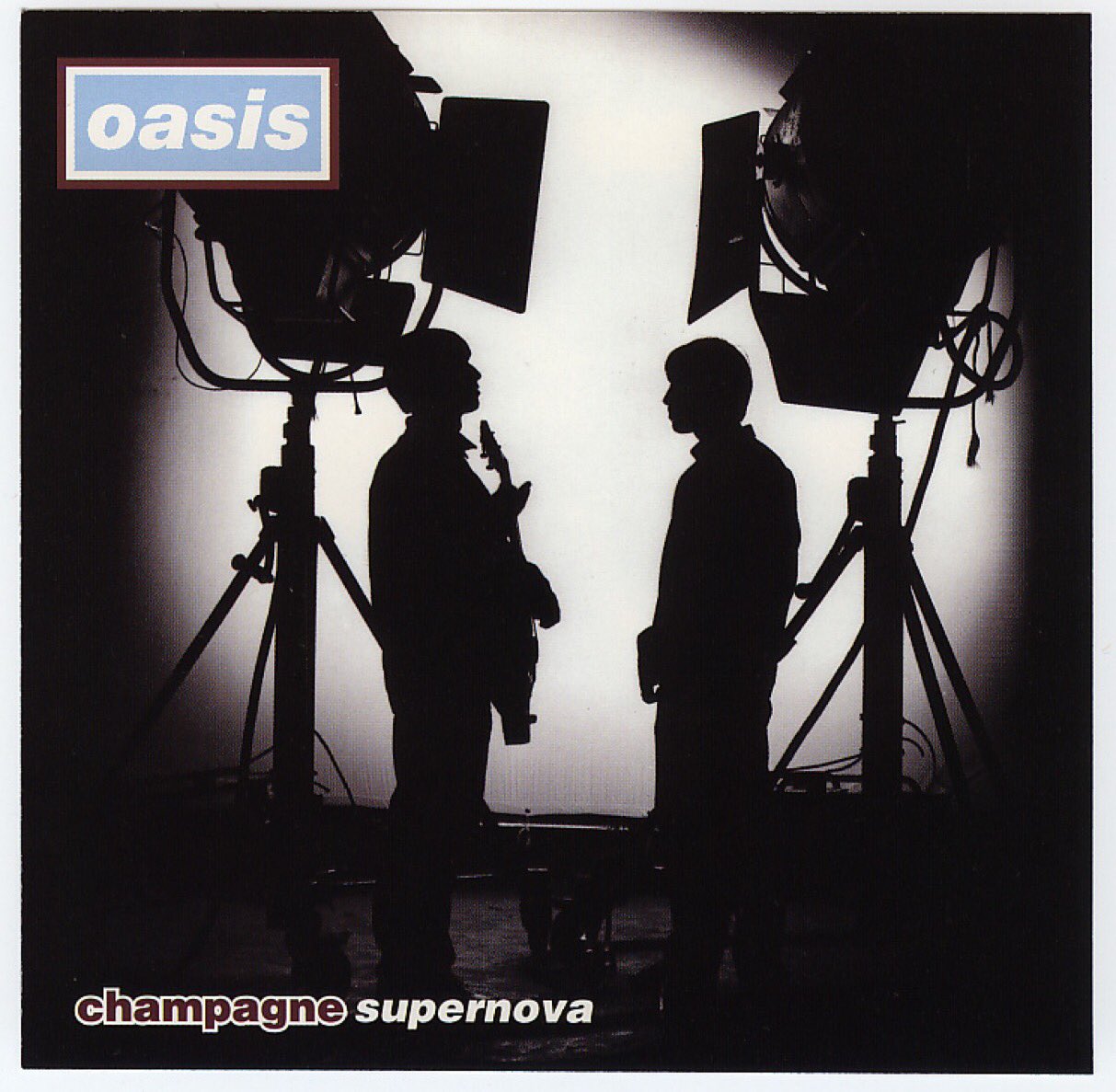March 24, 1990
- STAYED AT #1:2 Weeks
In The Number Ones, I'm reviewing every single #1 single in the history of the Billboard Hot 100, starting with the chart's beginning, in 1958, and working my way up into the present.
"Black Velvet," the only big hit that the Canadian singer Alannah Myles ever made, is a song about rock 'n' roll mythology. It's an ode to Elvis Presley, rock's foundational mythic figure, and it's written from a considerable distance, in both time and geography. "Black Velvet" never mentions Elvis by name, and it sounds nothing like anything that Elvis would've ever recorded. Plenty of people who enjoyed "Black Velvet" might've never thought about the identity of the boy in the song. But the success of "Black Velvet" still speaks to the effect that a figure like Elvis could have on the American dream-life, even after he'd been dead and in the ground for more than a decade.
Alannah Myles didn't necessarily know anything firsthand about that slow Southern style, unless we're talking about Southern Ontario. Myles came from Toronto, and she'd been kicking around the Canadian music industry for years before "Black Velvet" landed. (Myles was born on Christmas Day of 1958, the first year that the Billboard Hot 100 existed. On the day of her birth, the #1 song in America was the Chipmunks and David Seville's "The Chipmunk Song (Christmas Don't Be Late).") She was born Alannah Byles, and her father was a big-deal producer of radio and TV shows in Canada. Encouraged by her parents, Byles started writing songs and playing music as a kid, and she changed her last name to Myles when she decided to make a career out of it.
When she started, Myles had more success acting than singing. She had parts in Canadian commercials, and she played a guest role as a single mother on a 1984 episode of The Kids Of Degrassi Street. (That means Drake isn't the first former Degrassi actor to make a #1 hit.) At a party, Myles met Christopher Ward, a Toronto actor and musician, and they started dating. Ward and Myles both did comedy stuff with the Second City touring company, and Ward eventually found national fame as Canada's first VJ. In the early '80s, Ward hosted City Limits, a music-video show that aired on local Toronto TV late at night on weekends. City Limits was where Mike Meyers, Ward's roommate and Second City buddy, developed his character Wayne Campbell. Long before Wayne's World, Wayne was supposed to be Ward's loser cousin who kept interrupting his show.
Because of regulatory laws, MTV couldn't air in Canada in the early '80s. Instead, starting in 1984, Canada got MuchMusic, its own national music-video cable network. MuchMusic patterned a lot of its programming after City Lights, and the station brought in Christopher Ward to be its first VJ. In 1987, for the 10th anniversary of Elvis Presley's death, MuchMusic sent Ward down to Memphis with a busload of Elvis superfans. During the trip, Ward got to thinking about what it must've been like to witness the rise of Elvis, and he started writing the song that would become "Black Velvet."
Ward and Alannah Myles were both old friends with David Tyson, a Canadian record producer and songwriter, and Ward finished writing the song with Tyson. Myles loved "Black Velvet," and she recorded the song as part of a demo that Tyson produced. Ward shopped the demo around to different labels, and Atlantic signed her. Myles was 31 when "Black Velvet" finally came out in America. It was her first single.
Alannah Myles' self-titled 1989 debut album isn't a terribly exciting record. It's part of a wave of processed, compressed blues-rock that had a bit of a pop-chart moment in the late '80s and early '90s. One of Myles' Toronto friends, for instance, was the blind guitarist Jeff Healey, whose 1988 single "Angel Eyes" peaked at #5. (It's a 4.) This was knowingly anachronistic music, rooted in the '60s and '70s but deeply mired in tinny late-'80s production, and I never had a lot of use for most of it. A lot of those blues-rockers mostly strike me as glam-metal types who didn't want to admit that they were glam-metal types. Most of Myles' first album is like that, but "Black Velvet" has something.
"Black Velvet" is pure pastiche. It's as processed and synthetic as anything else from that era, and its image of old-timey Southern life is about as deep as the riverboat ride at Disney world: "Mama's dancin' with baby on her shoulder/ The sun is settin' like molasses in the sky." The music, with its peals of organ and its slide-guitar runs, definitely wants to evoke something, and it never quite gets there. But I like the impressionistic ways that the song describes the effect that Elvis had, how he was in the heart of every schoolgirl and how his image became a new religion that would bring you to your knees -- a single image that nicely encapsulates the way that rock 'n' roll could marry the sacred to the profane. In the song's depiction, those black velvet Elvis paintings became sacred relics. "Black Velvet" takes its kitsch seriously.
"Black Velvet" also has Alannah Myles. Myles is the reason that "Black Velvet" became a karaoke staple. She wails out big notes all through "Black Velvet," and she does it without losing the emotional thread of the song. It's a song about how everyone was horny for Elvis, and she definitely sounds horny for Elvis. Myles sings the song like a cartoonish torch singer, like Jessica Rabbit in a straw hat and overalls. It's goofy, but it mostly works. The song's chorus is huge, and Myles really sells it.
When "Black Velvet" took off, Canada fell in love with Alannah Myles. Her album went diamond and became the biggest-selling debut in Canadian history. (In Canada, you only have to sell a million copies to go diamond.) In the US, "Black Velvet" was actually a hit twice over. Myles' Atlantic labelmate Robin Lee recorded a country version of "Black Velvet" that came out around the same time as Myles' own take on the song, and Lee's version became a #12 hit on the country charts. The two versions are so close to each other that I'm almost surprised that country radio didn't just start playing the Alannah Myles one.
Alannah Myles quickly went platinum in the US, but it didn't really yield any more hits. After "Black Velvet," Myles released "Love Is," another Ward/Tyson song, as a single, and it peaked at #36. That was Alannah Myles' last time on the Hot 100.
Myles' 1992 sophomore album Rockinghorse went double platinum in Canada, but it didn't even chart in the US. She kept recording, but she was basically out of the music business by the end of the '90s. In a CBC interview years later, Myles said that her Atlantic contract was terrible and that she didn't get her first royalty check until 2008. Christopher Ward, meanwhile, went on to write for a bunch of different pop artists, and he stayed tight with Mike Meyers. Eventually, Ward became part of Ming Tea, the for-fun '60s pop band that launched Meyers' Austin Powers persona. (Susanna Hoffs was also in Ming Tea, and we talked more about that whole thing in the post on the Bangles' "Eternal Flame," another big ballad with Elvis connections.)
People remained fascinated with Elvis for a while. Two years after "Black Velvet," Marc Cohn got to #13 with "Walking In Memphis," another song about being obsessed with the whole Elvis myth. We're now long past the point where a song about Elvis could be a big chart hit. These days, when hit songs evoke that slow Southern style, they're talking about DJ Screw. I'm OK with that.
GRADE: 6/10
BONUS BEATS: Here's a video of an 11-year-old Christina Aguilera, who wouldn't join the cast of The Mickey Mouse Club for a couple more years, singing "Black Velvet" in 1991:
(Before we get out of the '90s, Christina Aguilera will appear in this column.)
BONUS BONUS BEATS: Here's a truly impressive video of Melissa Ethridge using loop pedals to play a 10-minute solo cover of "Black Velvet" at home during the 2020 quarantine:
(Melissa Ethridge's highest-charting single, 1993's "I'm The Only One," peaked at #8. It's a 6.)






